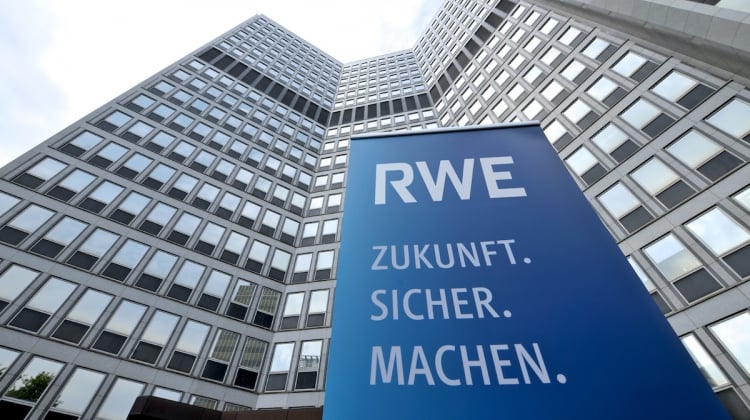German energy producer RWE has completed its statutory consultation on its 320MW Peartree Hill solar-plus-storage project in the East Riding of Yorkshire and is now assessing community feedback.
Due to its size, Peartree Hill is a Nationally Important Infrastructure Project (NSIP), meaning it must submit an application for a Development Consent (DCO). As part of this process, the National Planning Inspectorate will investigate and recommend whether the development should be approved or rejected, with the Secretary of State having the final say.
The proposed development will establish a grid connection to the Creyke Beck Substation via underground cables, transferring electricity to the national grid.
During the consultation phase – the second round started in May 2024 – RWE received feedback from 160 submissions from local people and organisations. The company said it is now “carefully reviewing” each submission before submitting the DCO.
RWE also plans to create a community fund benefit, with £4.2 million allocated over the 40-year life of the project. This will be used to support local causes and initiatives.
Mike Greslow, development project manager of Peartree Hill Solar Farm at RWE, outlined the potential of community insight and how it can help shape better application.
“Community insight is vital to good design, and it was a pleasure to speak to so many local people about how we can make this project really contribute to the local environment,” said Grewslow.
“We have received many comments and contributions, which we are carefully reviewing to help inform the next phase of project design before submitting our DCO application.”
RWE sees opportunities for solar energy in Great Britain
RWE has previously set out its targets to commission an average of 450 MW of new solar capacity in Britain annually by 2030 to boost global capacity, which is expected to increase by 3.9 GW to 16 GW by 2030.
The company has secured a portfolio of UK solar projects through the acquisition of developer JBM Solar.
In March, it began construction on its first seven solar and storage sites, representing 330 MW of solar and 45 MW of co-located battery energy storage systems (BESS). All seven projects have successfully secured Contracts for Difference (CfD) and will be built to facilitate a co-located BESS asset where one has not yet been installed. The first location is expected to be operational by the end of 2024.


